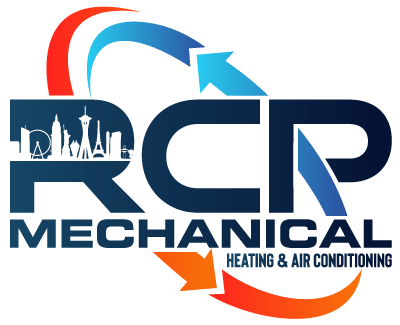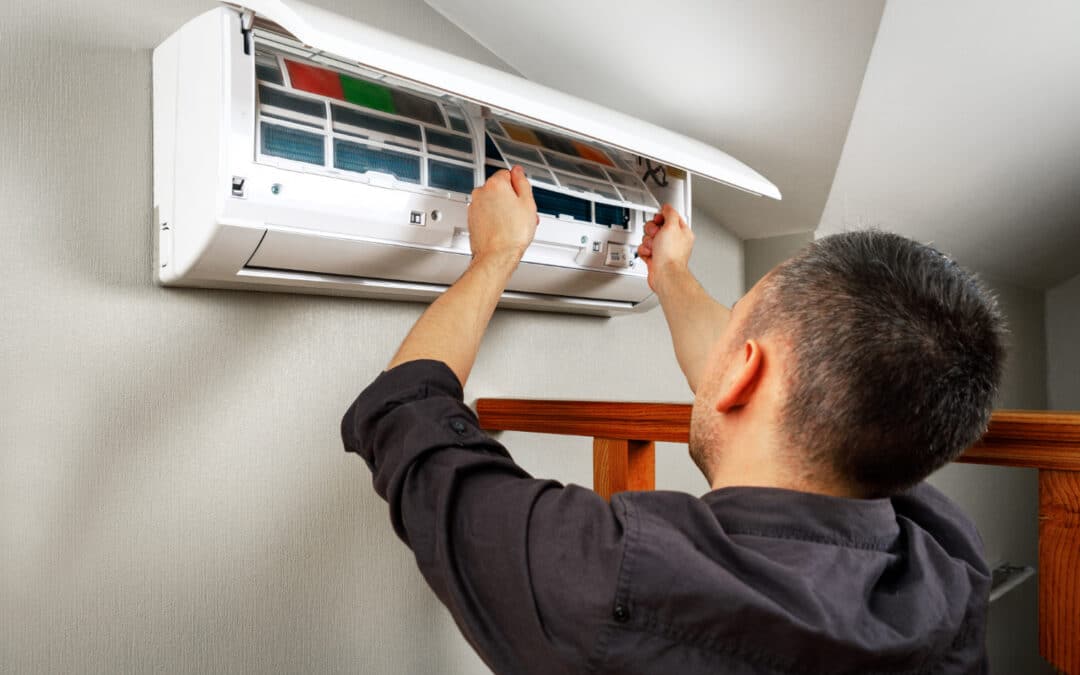Hearing strange noises from your HVAC system can be annoying and sometimes worrisome. Your HVAC system should run quietly in the background, keeping your home comfortable without making a racket. When unusual sounds interrupt your peace, it’s a sign that something might be wrong. Let’s explore the common sources of HVAC noises and how you can fix them to enjoy a peaceful home environment once again.
Identify the Source of the Noise
When your HVAC system starts making strange noises, the first step is to identify where the noise is coming from. Different sounds can point to various issues, so pinpointing the source can help you know what needs fixing.
1. Location of the Noise: Listen closely to determine if the noise is coming from the indoor unit, outdoor unit, or ductwork. Each area might indicate a different problem.
2. Type of Noise: Pay attention to the type of sound. For example:
– Banging or Clanging: Often comes from the outdoor unit and typically means a loose or broken part.
– Whistling or Hissing: Usually points to a ductwork problem or a refrigerant leak.
– Squealing or Screeching: Commonly related to the blower or fan issues, often due to worn-out belts or motor bearings.
– Buzzing: Often indicates an electrical problem or a failing compressor.
3. When the Noise Occurs: Note if the noise happens when the system starts up, while it’s running, or when it shuts down. This timing can help narrow down the possible causes.
Simple DIY Fixes for Common HVAC Noises
Sometimes, common HVAC noises can be fixed with simple DIY solutions. Here are a few fixes that you can try before calling in a professional:
1. Tightening Loose Parts: If you hear rattling or clanging, check for loose screws or bolts in the unit. Tightening them can often eliminate these noises.
2. Replace the Air Filter: A dirty air filter can cause lots of problems, including weird noises. Replacing the filter with a new one can improve airflow and reduce noise.
3. Clean the Unit: Dust and debris can get into your HVAC system and cause it to make strange sounds. Carefully cleaning the inside of the unit can help. Make sure to turn off the system before you start cleaning.
4. Lubricate Moving Parts: If you hear squealing or screeching, it might be due to dry or worn-out parts like motor bearings or blower belts. Lubricating these parts can often stop the noise.
5. Check the Ducts: Whistling or hissing sounds often come from ducts. Check for any leaks or gaps in the ductwork and seal them with duct tape or mastic sealant.
When to Call a Professional
While some HVAC noises can be fixed with simple DIY tasks, there are times when it’s crucial to call a professional for help. Knowing when to get expert assistance can prevent more severe damage and keep your system running smoothly.
1. Persistent or Unusual Noises: If you’ve tried basic fixes and the noise continues or worsens, it’s time to call a professional. Persistent noises can indicate significant issues that need expert attention.
2. Electrical Problems: Any noises like buzzing or a burning smell might point to electrical issues. These are dangerous and should never be handled without proper training. Call a professional immediately to avoid any risk of fire or electrical shock.
3. Refrigerant Leaks: If you suspect a refrigerant leak due to hissing sounds or reduced cooling, contact an HVAC technician. Handling refrigerants requires special training and equipment. A professional will safely diagnose and repair the leak.
4. Major Component Failures: Noises like banging, clanking, or grinding often indicate a failure in a significant component, like the compressor or motor. Only a professional can accurately diagnose and fix these issues, ensuring your system functions correctly.
Preventive Measures to Keep Your HVAC Quiet
Preventing HVAC noises before they start is the best way to ensure a quiet, efficient system. Regular maintenance and some simple actions can keep your HVAC system running smoothly and quietly.
1. Regular Maintenance: Schedule annual professional inspections and tune-ups for your HVAC system. This ensures that any potential issues are caught early and any necessary adjustments or repairs are made.
2. Replace or Clean Filters: Regularly replace or clean your air filters. Dirty filters can restrict airflow and cause strain on your system, leading to unnecessary noises. Aim to check filters monthly and replace them as needed.
3. Clean the Area Around the Unit: Keep the area around both the indoor and outdoor units clean and free from debris. Clear away leaves, dirt, and other debris from the outdoor unit to ensure proper airflow and prevent any obstructions that might cause noise.
4. Secure Loose Parts: Regularly inspect your HVAC system for any loose parts or components. Tighten screws, bolts, and other connections to prevent rattling and clanking noises.
5. Check and Seal Ducts: Inspect your ductwork for any leaks or gaps. Sealing these can prevent whistling or hissing noises and improve your system’s efficiency.
6. Lubricate Moving Parts: Ensure that all moving parts, like fans and motors, are appropriately lubricated. This reduces friction and prevents squealing or grinding noises.
Conclusion
Listening to your HVAC system is essential to maintaining comfort in your home. Strange noises can be warning signs that something isn’t right. By identifying the source and attempting simple fixes, you might solve numerous common issues. However, understanding when to call a professional can prevent further damage and ensure the safety of your system.
For expert HVAC repair in Las Vegas, look no further than RCP Mechanical LLC. Our team is ready to help you with all your HVAC needs. Call us today to schedule a professional inspection and keep your HVAC system operating at its best.

